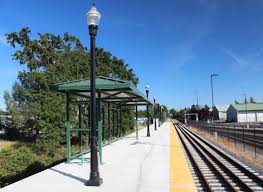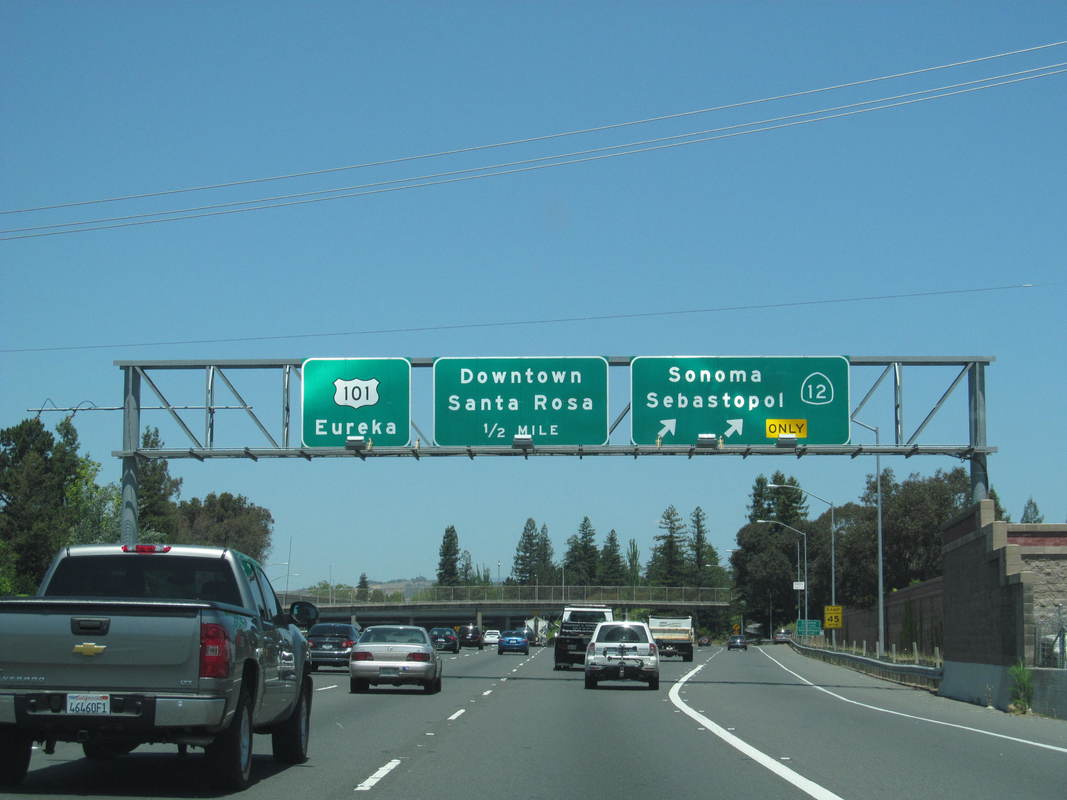|
There is a common misconception that our criminal justice system only punishes the guilty and protects the innocent, but there are a number of reasons why that is simply just not the case these days. In this post, I want to focus on how California's bail system is possibly contributing to causing legal inequities between the rich and the poor.
Recently, a study of the bail system at work in six of California's largest counties[1] revealed between “70% to 90% of all misdemeanor or non-serious felony defendants pled guilty and were released before their first possible trial date.”[2] This is an astonishing amount cases in which the defendant never gets to take advantage of many of the protections Constitutionally guaranteed to him or her. Of course, you would expect that there would be a certain number of defendants who openly admit they did wrong, want to repay their debt to society, and just get the whole issue put behind them as quickly as possible. But there may be just as many people who feel coerced into pleading to charges for which they have a valid defense, simply because they cannot afford the financial ramifications of defending themselves, as illustrated in a recent L.A. Times article, when they are forced to choose between entering a “not guilty” plea at arraignment—and then subsequently posting bail–or accepting a plea bargain offer and being released from custody that day.[3] If a person is taken into custody at the time of arrest (as opposed to being given a citation,) an initial bail amount is set (generally based on the type of crime committed,) while the prosecutor decides whether or not their office wants to file formal charges. From there, the defendant is bought into court where a judge decides whether to (1) release the defendant on their own promise to appear at a later court date, (2) release the defendant subject to certain pre-trial release conditions, or (3) require the defendant to post bail (and in what amount) in order to be released. For defendants who will only be released if they post bail, they are faced with a tough decision: surrender what little money they have available—needed for other necessities of life—to post their own bail, go into debt, or plead guilty. Those of here in California are especially hard hit as it’s been reported that “California’s median bail rate is five times higher than that of the rest of the country.”[4] Defendants are often put in this situation as Prosecutors know that we’ve all got lives outside of the criminal justice system in which people—family, friends, pets, coworkers, neighbors—depend on us, and we depend on a steady paycheck. As a result, it’s commonly known that defendants in custody are more prone to plead guilty at the earlier stages of the criminal prosecution than are their out-of-custody counterparts. It’s possible that judges, responsible for keeping their court calendars moving and prevent backlogs in the system, take advantage of this fact as well. If you need help assessing your own criminal case, feel free to give Devina Douglas a call. [1] San Francisco, San Bernardino, Alameda, Sacramento, Fresno, and Orange counties. [2] Plead guilty, go home. Plead not guilty, stay in jail, John Raphling (May 17, 2017) http://www.latimes.com/opinion/op-ed/la-oe-raphling-bail-20170517-story.html [3] Plead guilty, go home. Plead not guilty, stay in jail, John Raphling (May 17, 2017) http://www.latimes.com/opinion/op-ed/la-oe-raphling-bail-20170517-story.html [4] Not in it for Justice, Human Rights Watch, https://www.hrw.org/report/2017/04/11/not-it-justice/how-californias-pretrial-detention-and-bail-system-unfairly |
AuthorDevina strives to make information relevant to the lives of her clients easily accessible. Archives
July 2024
Categories
All
|
Proudly serving Sonoma, Marin, Napa, Mendocino and Lake Counties (and occasionally venturing as far as Yolo, Santa Clara and San Mateo Counties).
Proudly powered by Weebly
This website is for informational purposes only and does not provide legal advice. Do not act or refrain from acting based on anything you read on this site. Using this site or communicating with the Law Office of Devina Douglas through this site does not form an attorney/client relationship. This site is legal advertising. Please review the full disclaimer for more information. (LINK TO FULL DISCLAIMER PAGE)

 RSS Feed
RSS Feed




